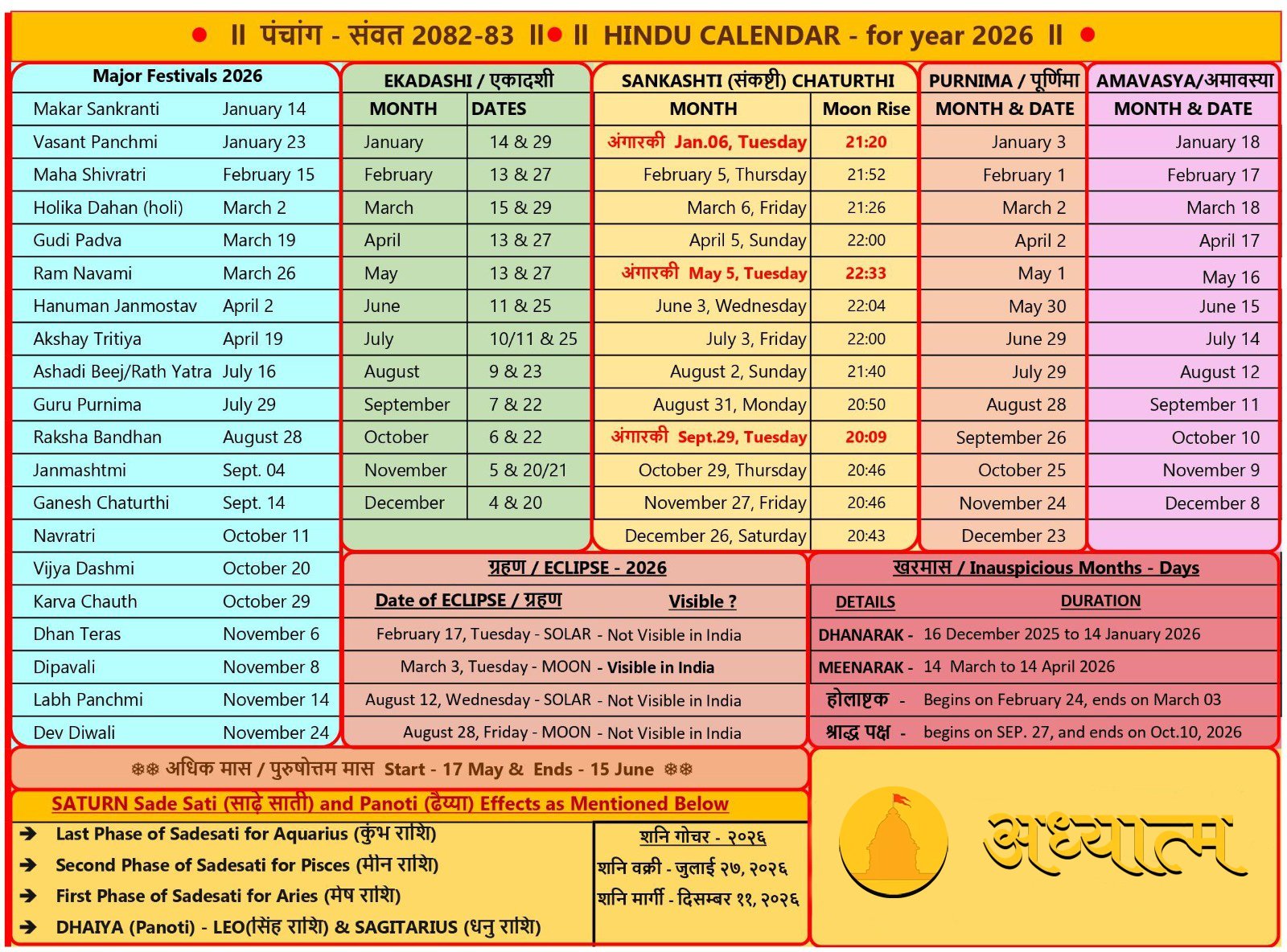Jwala Ji
Jwala Ji is a Hindu Goddess. Alternative spellings and names for Jwala Ji include Jawala Ji, Jwala Devi and Jwalamukhi Ji. The physical manifestation of Jwala Ji is always a set of eternal flames, and the term Jwala means flame in Sanskrit (cognates: proto-Indo-European guelh, English: glow, Lithuanian: zvilti) and Ji is an honorific used in the Indian subcontinent.
Jwalaji/jawalaji (flame) or Jwala Mukhi (a person with a face glowing like fire) is probably the most ancient temple discussed here besides Vaishno Devi. It is mentioned in the Mahabharata and other scriptures. There is a natural cave where eternal flames continue to burn. Some say there are nine flames out of the nine Durgas … Several schools of Buddhism also share the symbolism of a seven-forked sacred flame.
Jwalaji/jawalaji (flame) or Jwala Mukhi (a person with a face glowing like fire) is probably the most ancient temple discussed here besides Vaishno Devi. It is mentioned in the Mahabharata and other scriptures. There is a natural cave where eternal flames continue to burn. Some say there are nine flames out of the nine Durgas … Several schools of Buddhism also share the symbolism of a seven-forked sacred flame.
Jwala Devi of Shaktinagar
Jwala Devi Temple is located in Shaktinagar township of Sonbhadra district, Uttar Pradesh. It is an ancient Ashtagrih temple of Jwala Devi and one of the 51 Shaktipeethas of India. The temple, believed to be 1000 years old, was constructed by Raja Udit Narayan Singh of Gaharwal. A new temple later replaced the old one. Here the tongue of Parvati is worshipped. The idol of the main deity is located in the Sanctum Sanatorium (central place of the temple). The old black stone idol which was in the old temple has been installed with other deities surrounding the main idol.
This Jwala Devi Temple is believed to have been blessed with the presence of Shakti due to the falling of the front tongue from the corpse of Sati Devi as Lord Shiva carried her and wandered throughout Āryāvarta in sorrow. It is believed that people offer gold/silver tongue as offerings here after their wishes are fulfilled.
Jwala Mai of Muktinath
The “eternal flame” at the Jwala Ji shrine in the village of Muktinath is located at an altitude of 3,710 meters at the foot of the Thorong La mountain pass in the Mustang district of Nepal. A small amount of natural gas is present in the Himalayan spring that emerges near the shrine, which gives the appearance of fire burning on the water itself. This shrine is usually called the Jwala Mai (Jwala Mother) temple, and is sacred to both Hindus and Buddhists.














